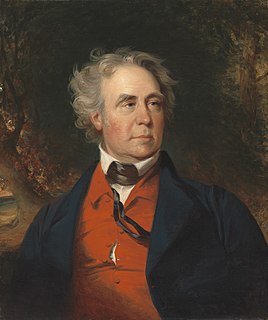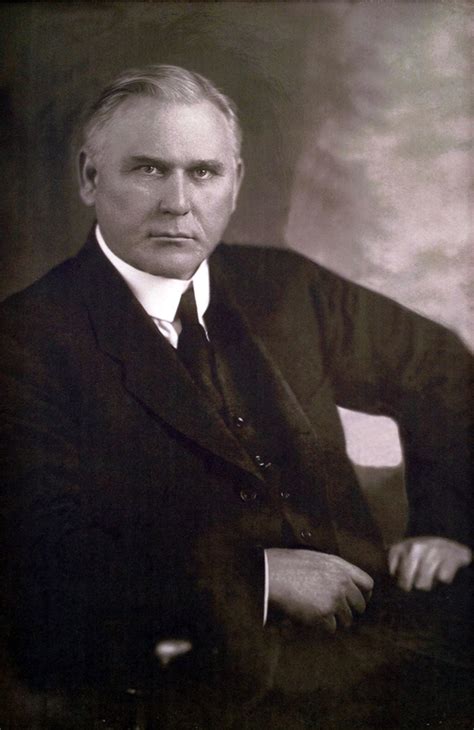A Quote by Edward Gibbon
And thus toleration produced not only mutual indulgence, but even religious concord. The superstition of the people was not embittered theological rancor.
Quote Topics
Related Quotes
The policy of the emperors and the senate, as far as it concerned religion, was happily seconded by the reflections of the enlightened, and by the habits of the superstitious, part of their subjects. The various modes of worship, which prevailed in the Roman world, were all considered by the people, as equally true; by the philosopher, as equally false; and by the magistrate, as equally useful. And thus toleration produced not only mutual indulgence, but even religious concord.
In the eyes of history, religious toleration is the highest evidence of culture in a people. It was not until the Western nations broke away from their religious law that they became more tolerant, and it was only when the Muslims fell away from their religious law that they declined in tolerance and other evidences of the highest culture.
Nor can We predict happier times for religion and government from the plans of those who desire vehemently to separate the Church from the state, and to break the mutual concord between temporal authority and the priesthood. It is certain that that concord which always was favorable and beneficial for the sacred and the civil order is feared by the shameless lovers of liberty.
It is now no more that toleration is spoken of, as if it was by the indulgence of one class of people, that another enjoyed the exercise of their inherent natural rights. For happily the government of the United States, which gives to bigotry no sanction - to persecution no assistance, requires only that they who live under its protection should demean themselves as good citizens.
Our contention is not for mere toleration, but for absolute liberty. There is a wide difference between toleration and liberty. Toleration implies that somebody falsely claims the right to tolerate. Toleration is a concession, while liberty is a right. Toleration is a matter of expediency, while liberty is a matter of principle.
The lessons of religious toleration - a toleration which recognizes complete liberty of human thought, liberty of conscience - is one which, by precept and example, must be inculcated in the hearts and minds of all Americans if the institutions of our democracy are to be maintained and perpetuated. We must recognize the fundamental rights of man. There can be no true national life in our democracy unless we give unqualified recognition to freedom of religious worship and freedom of education.
In any fairly large and talkative community such as a university there is always the danger that those who think alike should gravitate together where they will henceforth encounter opposition only in the emasculated form of rumour that the outsiders say thus and thus. The absent are easily refuted, complacent dogmatism thrives, and differences of opinion are embittered by the group hostility. Each group hears not the best, but the worst, that the other group can say.





































